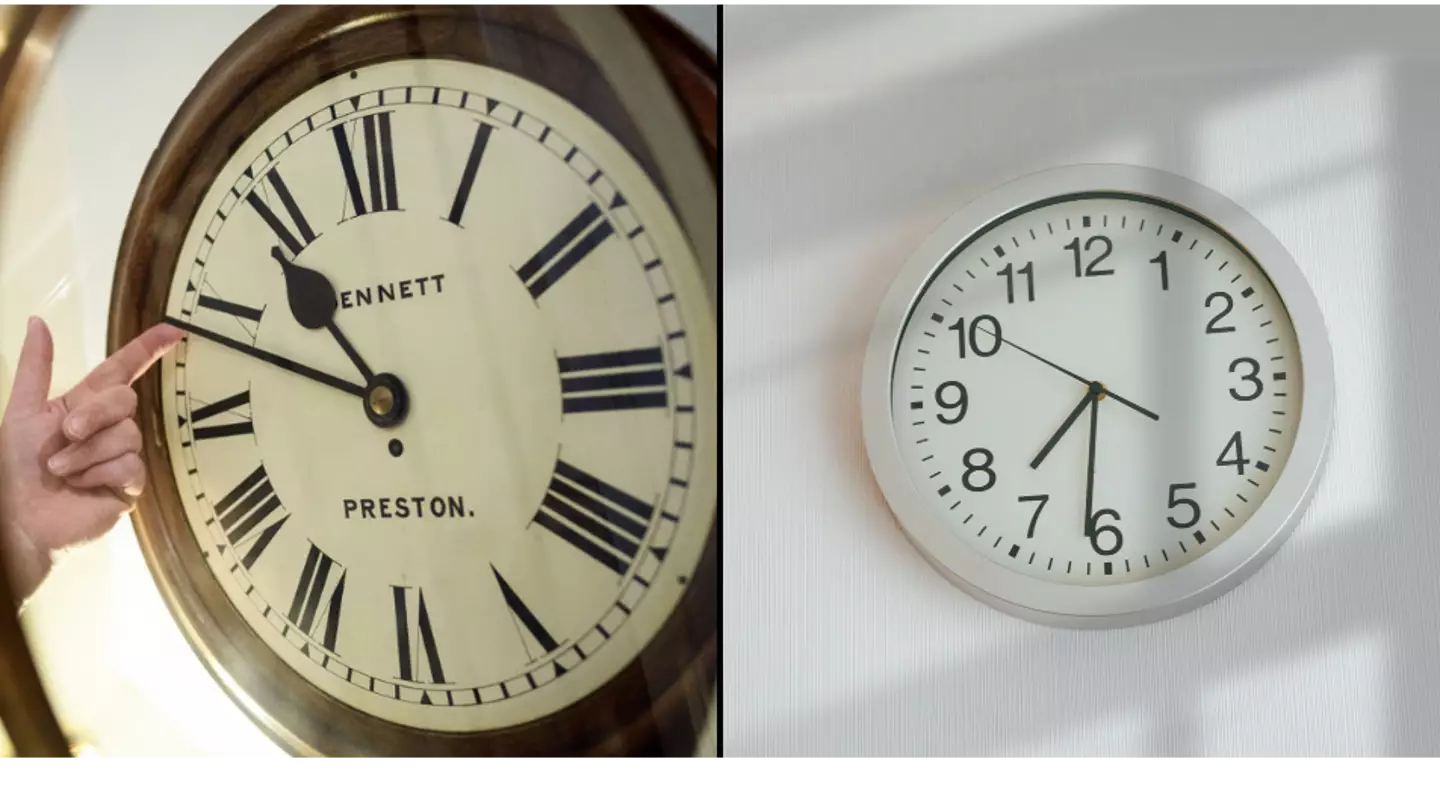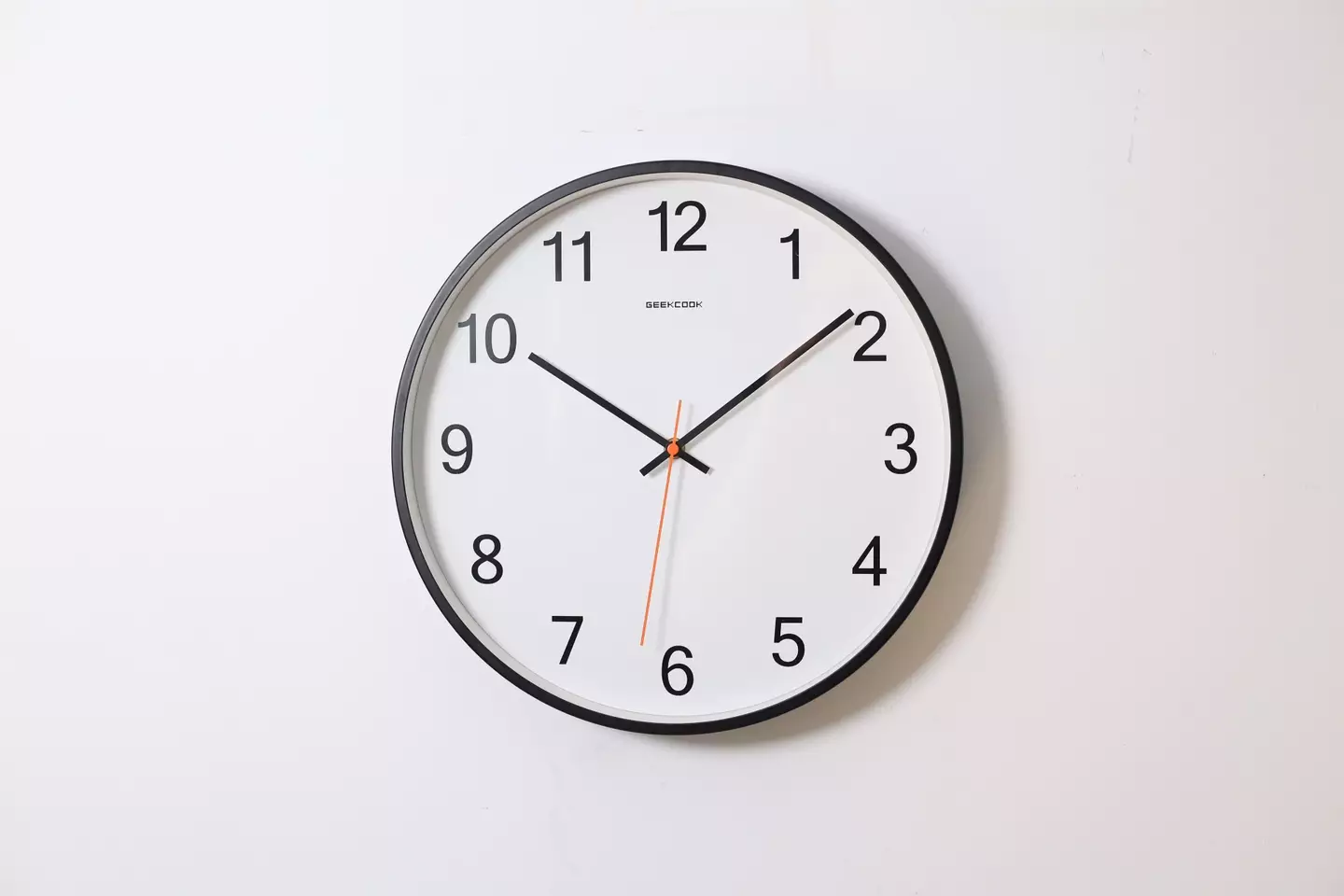
Getting an extra hour in bed sounds great to us, but what actually happens when the clocks go back an hour every winter?
It feels slightly random that we just decide to switch the clocks back and forward at two different times in the year, but one thing is for sure, no one ever complained about an extra hour lie in!
It's always worse when the clocks go forward and we lose an hour, but what does all of this actually mean?
And even more so, why do we do it?
Advert

Well you're in luck, because we have all of the answers right here!
The tradition started back in the First World War - because we didn’t really have enough going on back then - when they decided to throw in a clock change to make it even more chaotic.
British Summer Time was established in 1916, and the clock change was brought about by a builder called William Willett, who noticed that a lot of people were still asleep when the sun was up.
His idea was to move the clocks forward by 80 minutes in four stages over April and reverse it in September.
As you might have realised, we didn’t adopt this approach, but it was where the seemingly random and meaningless idea came from.
It was, however, George Vernon Hudson who is responsible for the concept we use today.
Another question that gets frequently asked is whether it’s just us crazy Brits that have this system, or do other countries also use it?

Well, we apparently aren’t the only ones that do this weird time thing.
Lots of countries have different methods of saving daylight, but they sometimes even fluctuate throughout the country itself.
For example, in the US, all states apart from Arizona and Hawaii have adopted changing times.
Over in Canada, it also varies from place to place.
According to a study carried out by Statista, the majority of countries in the world do not use the daylight saving system, and it appeared to be more popular centuries ago.
A great question is whether the UK will ever put an end to this bizarre concept, and it has actually been talked about.
It would be the government's decision, but it doesn’t look like much is going to get changed about summer time if we’re really honest.
A study has also suggested that the Monday after the clocks go forward has been linked to a higher rate of heart attacks and car crashes, so maybe we really should scrap this odd tradition once and for all!
The clocks will go back one hour at 2 AM on Sunday October 29.